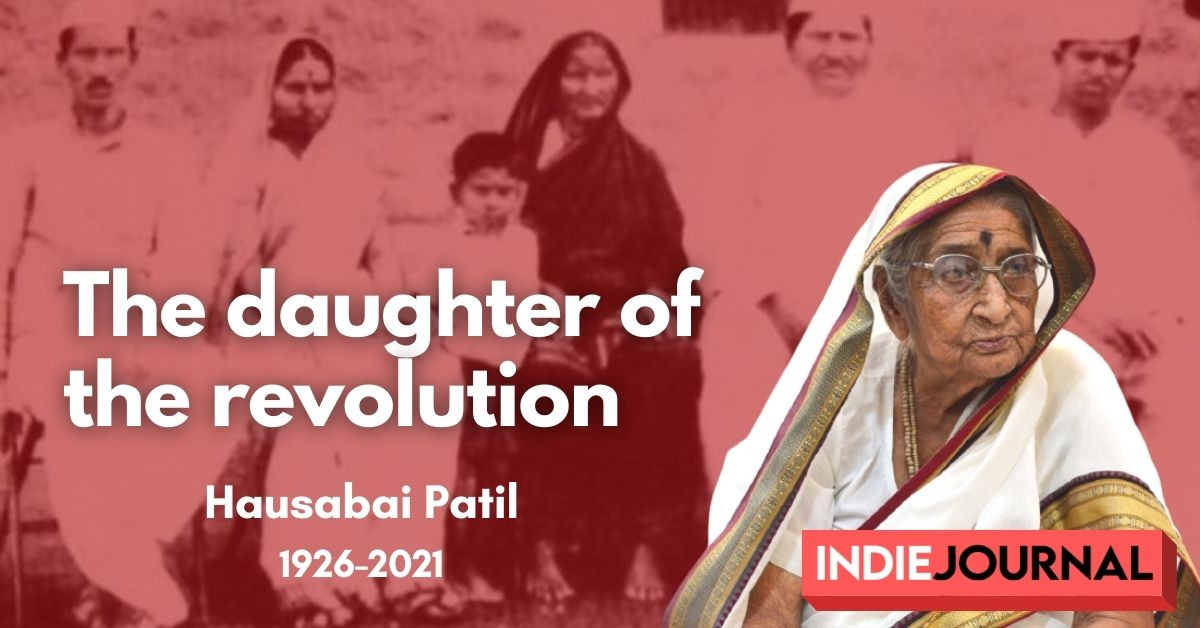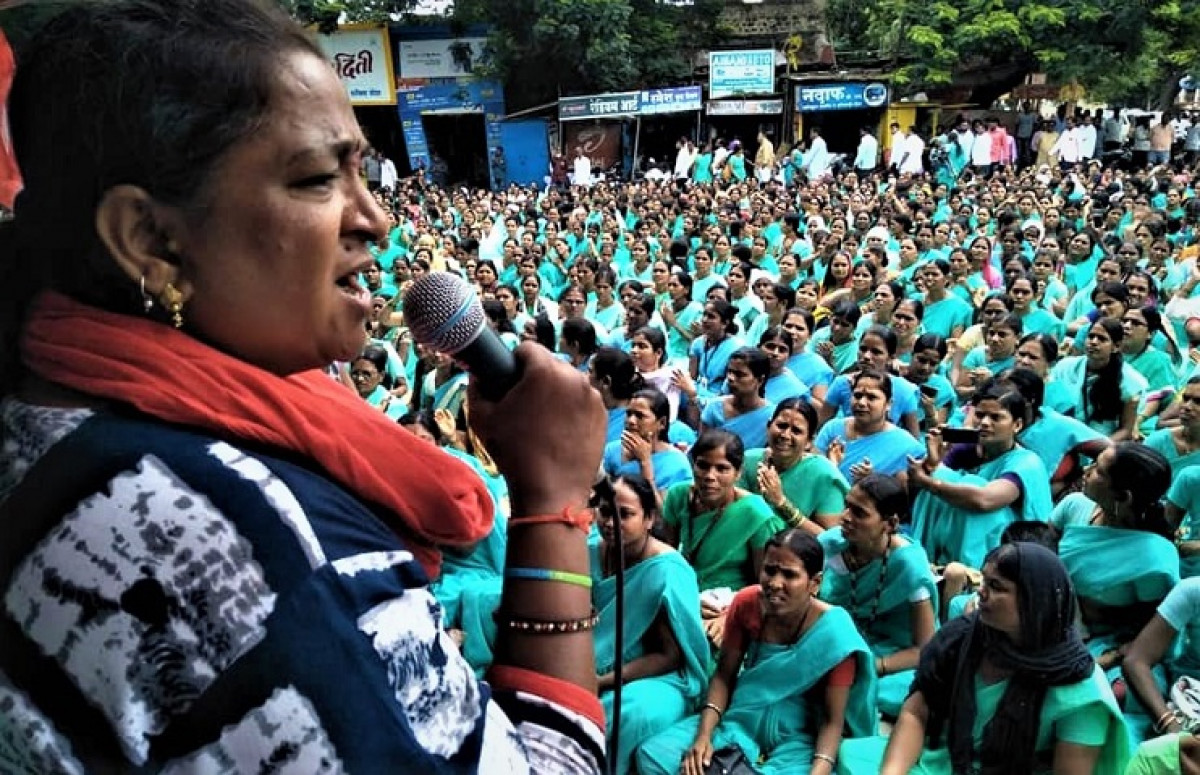India
Yes Mr. Home Minister, Muslims too may face persecution in Islamic countries
If actually it is about migrants of persecution, the CAB should have included Muslims too

The Lok Sabha on Monday passed the Citizenship Amendment Bill (CAB), 2019, with 311 votes for and 80 against. After the thumping majority in the Lok Sabha, the bill was easily passed in the Rajya Sabha with 125 votes for and 105 against. Home Minister Amit Shah stated that the only intention of bringing the bill was to provide refuge to the “persecuted minorities of Pakistan, Bangladesh and Afghanistan.”
According to the proposed legislation, members of Hindu, Sikh, Buddhist, Jain, Parsi and Christian communities, who have come from Pakistan, Bangladesh and Afghanistan till December 31, 2014, and facing religious persecution there, will not be treated as illegal migrants but be given the Indian citizenship.
Of course, the Muslims are not included in the list of the persecuted minorities. On why Muslims weren’t included in the provisions of the bill, Shah said: “Simply because Muslims are not minorities in Pakistan, Bangladesh or Afghanistan and are not persecuted.”
On the Religion-based exclusion, Shah said: “Religion-based citizenship has been happening in India since the Partition of this country. When Hindu and Sikh refugees from Pakistan were given citizenship during Nehru’s time, it was based on religion.”
There are some striking points which have to be discussed and thought upon while considering this bill. The opposition has claimed that the bill is discriminatory and it is anti-Muslim. This claim has thrown away in the parliament saying, three of the countries mentioned in the bill have Muslims in the majority.
But in reality, the incidents of atrocities against the different sects of the Muslims have been the harsh reality of these countries. There has been over time many cases of persecution reported in these countries.
In predominantly Sunni Pakistan, the Hazara community which mainly practices Shia Islam is deprived of the basic human rights. Similarly, the Ahmadi Muslims in Afghanistan are deprived of their human rights.
Pakistan, being an Islamic state, has also witnessed the sects and religion based atrocities. The annual report published in 2018 on the Ahmadi community has declared clearly that the Ahmadi community is not a Muslim community. They are forbidden from using the Islamic symbol in their religious practices. Even under the pressure from religious extremists, Ahmadis were denied registration in joint electoral lists.
In the report of Economic Times (21 July 2019), Saleem-Ud-Din, a spokesperson of the Ahmadiyya Muslim community in Pakistan told that about 400 Ahmadis had been killed since the introduction of the anti-Ahmadiyya laws. He added that Imran Khan-led government had backed anti-blasphemy laws that included the harsh penalties and discriminatory rules which specifically targeted the Ahmadi Muslims.
The Hazara community is also facing the atrocities in Pakistan and Afghanistan. On 13th April 2019, BBC reported that 24 people were killed and dozens injured in a bomb blast at a vegetable market in the south-western city. Many victims were from the Hazara community, who were mainly Shia Muslims. The community has been frequently targeted by the extremists from Pakistan's Sunni Muslim majority.
The bill has offered the refuge to only three neighbouring countries- Pakistan, Afghanistan and Bangladesh. It has not thought of Nepal, Srilanka and Myanmar. The coincidence is that the former countries have declared ‘Islam’ as their state religion and have a Muslim majority. On the other hand, in the case of the later group of neighbouring countries, it is not seen. But the incident of the persecution is not an unseen factor for these countries too.
The New York Times report published on 21st April 2019 talked about the explosions in Sri Lanka, which killed over 200 people based on religious discrimination. Christians make up only 6 per cent of the population of Sri Lanka, which is still emerging from the shadow of a harrowing civil war between the Sinhalese Buddhist majority and ethnic Tamils, most of whom are Hindus or Christians. The atrocities committed against the Tamil people during the three-decade-long civil war in Sri Lanka amounted to a large number of ethnic cleansing. Unfortunately, the bill has no clarification for the Tamil migrants.
In Nepal, an alarming episode of anti-Muslim violence focused attention on the community’s continued struggle to assert itself. Despite recent progressive attempts in promoting religious pluralism, many Muslims dwell marginalized, neglected in politics and invisible in conceptions of national identity.
And Myanmar, a country which was once viewed for its non-violent ideology, had all the eyes of the world for the brutal atrocities committed towards the Rohingya Muslims and Shia Muslims. The United Nations described the Rohingya cleansing in Myanmar as, ‘The textbook example of ethnic cleansing’.
The plight of hundreds of thousands of Rohingya people is said to be the world's fastest-growing refugee crisis. Risking death by the sea or on the foot, nearly 700,000 helpless people have fled the destruction of their homes and persecution in the northern Rakhine province of Myanmar (Burma).
According to Medecins Sans Frontieres (MSF), at least 6,700 Rohingya, including at least 730 children under the age of five, were cruelly killed in the month after the violence broke out. Amnesty International pointed out that the Myanmar military also raped and abused Rohingya women and the girls.
There are many critical remarks have promptly been expressed in International politics.
BBC has questioned, “if it is genuinely aimed at protecting minorities, the bill should have included Muslim religious minorities who have faced persecution in their own countries - Ahmadis in Pakistan and Rohingyas in Myanmar, for example. (The government has gone to the Supreme Court seeking deportation of Rohingya refugees from India.)”
A report on Al Jazeera termed the move as “part of a Hindu supremacist agenda pushed by the government of Prime Minister Narendra Modi since it came to power nearly six years ago.”
US Commission for International Religious Freedom (USCIRF) report asserted, "The CAB is a dangerous turn in the wrong direction; it runs counter to India's rich history of secular pluralism and the Indian Constitution, which guarantees equality before the law regardless of faith."





